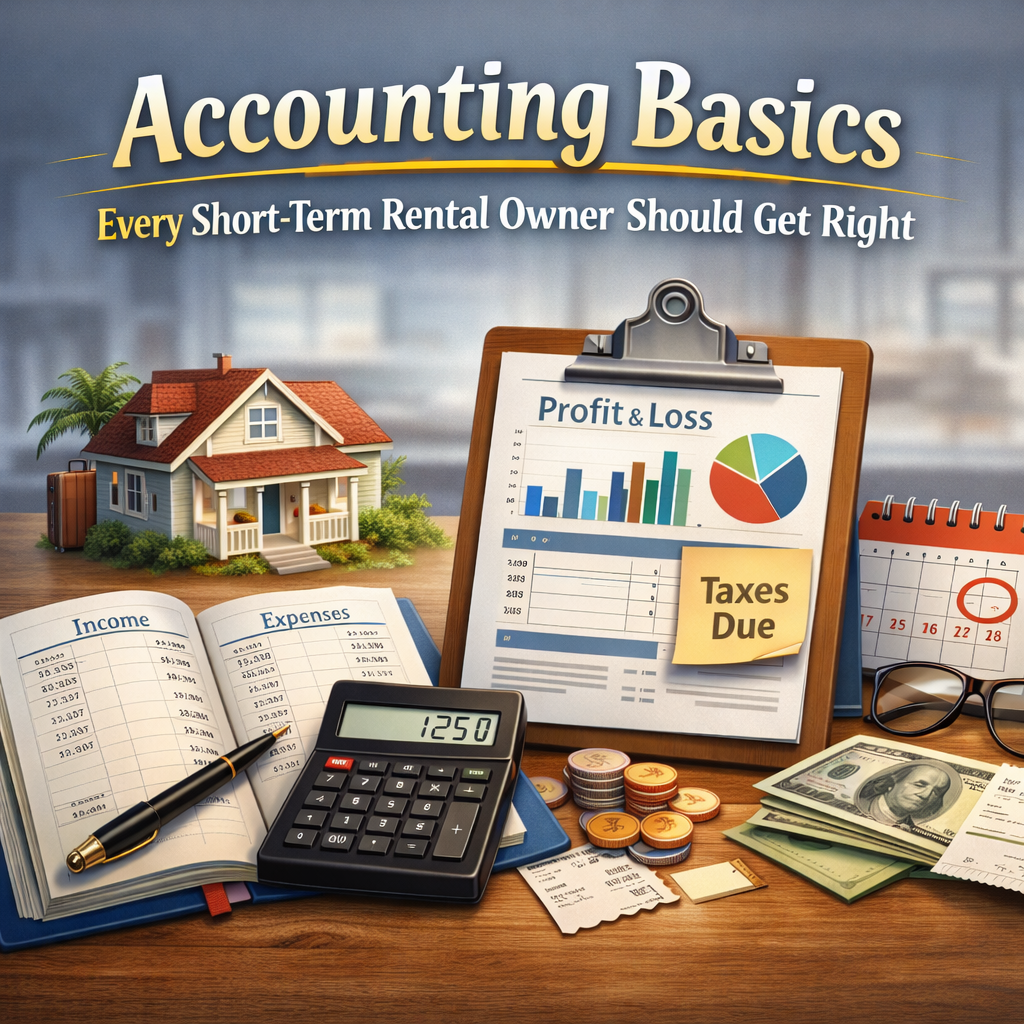
Managing finances is essential for the success of any business, whether small or large. However, many business owners often confuse the roles of a bookkeeper and an accountant. Understanding the differences between a bookkeeper and accountant is crucial for effective financial management. While both are critical, their responsibilities, skill sets, and impact on your business differ significantly. In this article, we’ll break down these distinctions to help you know which professional you need and when.
A bookkeeper is responsible for recording a company's daily financial transactions. This role is operational and focuses on maintaining accurate financial records. Bookkeepers ensure that every sale, expense, invoice, and payment is logged systematically.
Bookkeeping forms the backbone of financial management, providing the raw data that accountants use to prepare financial reports. Bookkeepers may use accounting software to track transactions, manage payroll, and reconcile bank statements. Essentially, they keep your financial records organized and up-to-date, which is a critical part of understanding Bookkeeper and Accountant responsibilities.
An accountant takes the financial data prepared by bookkeepers and interprets it to provide insights and strategic guidance. Accountants prepare financial statements, analyze trends, file taxes, and advise on financial decisions.
While bookkeepers focus on recording transactions, accountants focus on understanding what those transactions mean for your business. They can help with tax planning, budgeting, auditing, and ensuring compliance with financial regulations. Accountants often hold certifications like CPA (Certified Public Accountant), demonstrating advanced expertise in accounting practices, which further differentiates the roles in Bookkeeper and Accountant comparisons.
Bookkeepers manage day-to-day transactions and maintain accurate financial records. Their work is detail-oriented and focuses on precision in recording.
Accountants analyze, interpret, and provide strategic insights based on the financial data collected by bookkeepers. They handle complex tasks like tax preparation, auditing, and financial forecasting, making them distinct in the Bookkeeper and Accountant debate.
Bookkeepers require strong organizational skills, attention to detail, and familiarity with accounting software. They do not necessarily need formal accounting qualifications.
Accountants require a deeper understanding of finance, accounting principles, tax laws, and financial analysis. Certifications like CPA or CMA enhance credibility and demonstrate proficiency, marking a clear distinction in Bookkeeper and Accountant roles.
Bookkeepers typically provide the data needed for decision-making but do not make high-level financial decisions themselves.
Accountants use the data provided by bookkeepers to make recommendations that impact budgeting, investments, and financial strategy, which is a primary difference in the Bookkeeper vs Accountant comparison.
Bookkeepers help businesses stay organized, avoid errors, and maintain accurate financial records.
Accountants help businesses grow and stay compliant by interpreting financial data, minimizing tax liabilities, and planning long-term strategies, highlighting the strategic edge in Bookkeeper and Accountant roles.
Small businesses with regular transactions but simple financial needs often benefit from a bookkeeper. If your business struggles to maintain accurate records, pay bills on time, or track income and expenses efficiently, a bookkeeper is essential.
Hiring a bookkeeper can save time and reduce errors, ensuring that your business has a clear picture of its financial position at all times, which is vital when considering Bookkeeper vs Accountant responsibilities.
Businesses planning for growth, dealing with complex finances, or needing tax and audit assistance require an accountant. Accountants provide guidance on financial planning, investments, tax compliance, and strategic decision-making.
Even if you have a bookkeeper, an accountant’s expertise ensures that your financial data translates into actionable insights and long-term business success, reinforcing the importance of understanding Bookkeeper and Accountant differences.
Bookkeepers and accountants work hand in hand. Bookkeepers maintain accurate records, which serve as the foundation for accountants to analyze financial health and advise on strategy. Without proper bookkeeping, accountants may struggle to provide accurate recommendations. Conversely, without accountants, financial records alone cannot guide business growth or ensure compliance, demonstrating the complementary nature in the Bookkeeper and Accountant relationship.
If you're looking to learn more about offshore accounting services, or offshore bookkeeping services, our experts are here to help.
Q1: Can one person handle both bookkeeping and accounting?
Yes, in small businesses, a single professional may perform both tasks. However, as businesses grow, separating the roles ensures accuracy and strategic guidance, clarifying Bookkeeper vs Accountant roles.
Q2: Do bookkeepers need certification?
Not necessarily. While formal certification helps, many bookkeepers gain experience and skills through practical work.
Q3: Is accounting software necessary for both roles?
Yes. Bookkeepers use it to record transactions, while accountants use it to generate reports and analyze data.
Q4: Which is more expensive to hire: a bookkeeper or an accountant?
Generally, accountants cost more due to their advanced skills, certifications, and strategic responsibilities, which is a key point in the Bookkeeper and Accountant debate.
Understanding the difference between a bookkeeper vs accountant is crucial for managing your business finances effectively. Bookkeepers maintain accurate financial records, while accountants interpret that data to provide insights and strategic guidance. Together, they ensure your business stays organized, compliant, and prepared for growth.
Whether you need someone to maintain daily records or to guide major financial decisions, knowing the distinction will help you hire the right professional and make informed business choices.
.png)



